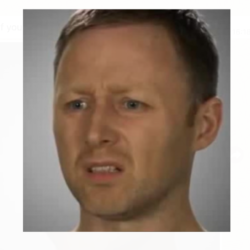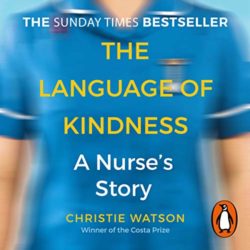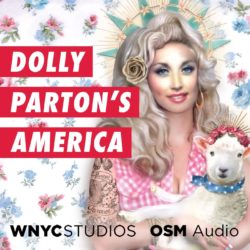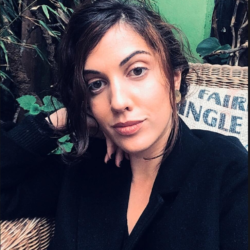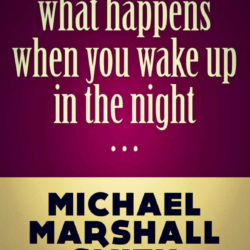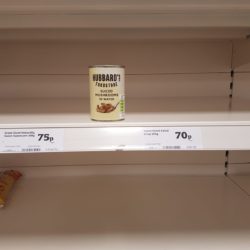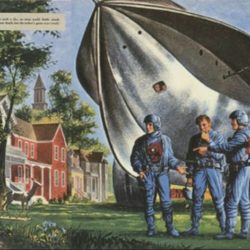On Thursday 18 June (2.30 pm) we’re considering (some of) LIMMY’S VINES with guest-host Dr Jamie Page.
Category: English Literature
Page Breaks: Is Wrestling Art? With Dr Lisa Jones (St Andrews)
On Thursday 11 June, Dr Lisa Jones (St Andrews) will be joining us to talk about the aesthetics of pro wrestling. How should we think about the narratives of pro wrestling? How important are considerations of justice? And mostly: is wrestling art? Time and Place: 1 pm, Thu 11 June 2020 Zoom: link (Password: pagebreaks) … Continue reading “Page Breaks: Is Wrestling Art? With Dr Lisa Jones (St Andrews)”
Page Breaks: The Language of Kindness, with Prof David James
On Thu 4 June, Professor David James will be joining us to talk through his recent work on medical memoirs, and the intersections of life-writing, activism, and personal confession. David is keen to discuss the questions he’s still grappling with, and is curious to hear how we’ll respond to the extract for this week, from … Continue reading “Page Breaks: The Language of Kindness, with Prof David James”
Page Breaks: Dolly Parton’s America
On Wed 27 May we’ll discuss the podcast episode ‘Dolly Parton’s America’. Southern shame and identity and hillbillies and football and…well, Dolly. Is Dolly helping or hurting us?
Page Breaks: Not the End Yet
This week we’re reading ‘Not the End Yet’, by Nicole Flattery (as suggested by Liam!) At a different day AND time this week: Thursday 07 May, 12pm.
Page Breaks: ‘What Happens When You Wake Up in the Night’
Text Michael Marshall Smith, ‘What Happens When You Wake Up in the Night’ (8 pages, PDF). Wed 22 April, 1pm.
Page Breaks: Tiger King
Text Netflix, Tiger King, episode 1: ‘Not Your Average Joe’.
Page Breaks: Lockdown Edition
Right, let’s give this a go! Dorothy and I are thinking it’s time to check in, regroup, say hi and share some stories.
Page Breaks (Wed 22 Jan) Mars is Heaven!
Ray Bradbury’s short story ‘The Third Expedition’, first published as ‘Mars is Heaven’ in 1948 and later collected in The Martian Chronicles, describes the arrival of a space expedition on Mars whose crew discover a seemingly familiar American town.
Works Loved: Festive Favourites (Wed 11 Dec)
For this festive edition of Works Loved, we’ll be sharing texts that explore festivities, celebrations, and other occasions that are – or should be – joyful. All types of texts, phrases, and festive figures are welcome, from Scrooge to Santa – or feel free to change the tone with a non-festive favourite. Reflections: We had … Continue reading “Works Loved: Festive Favourites (Wed 11 Dec)”

